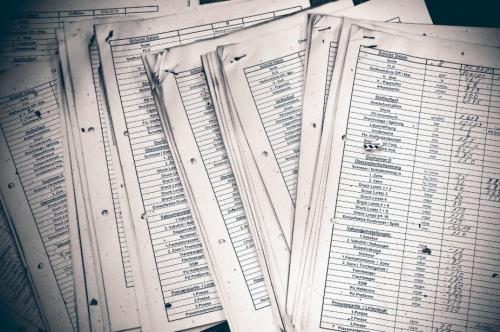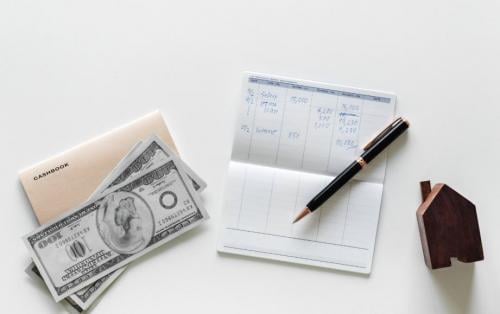Accounting is an important part of any business. It helps you track your revenues as well as your expenses. It helps companies determine what moves they need to make to cut costs and continue to stay profitable year over year.
Whether you have an entire accounting department or just a dedicated accounting employee or two, it’s an essential function that no company should be without. These individuals assist with summarizing, analyzing, and reporting your business transactions to the appropriate state and federal tax reporting agencies. They also help you better understand what areas of your company are thriving and what areas you should become concerned about if necessary.
If you’re not sure where to start, there is a lot of resources to help you get started. There are many kinds of professional tax software choices to select from. Each of them offers their own unique benefits, and many can be customized to meet your individual needs. There are also many tax professionals in your area that you can call or visit who can answer your questions and provide personalized service and advice.
 Here are a few simple ways to help you keep track of your expenses:
Here are a few simple ways to help you keep track of your expenses:
1. Save your receipts
Saving your receipts is a great way to track all of your business expenses. Scan all paper receipts into an accounting file for later use. Another good idea is to use the same debit or credit card for all business purchases. This saves time and effort in case you have to track down a particular receipt or if your balance sheet doesn’t quite add up. There are even apps you can use on your phone that allow you to take a picture of your receipts and save them.
2. Understand which expenses can be tax-deductible
There are certain expenses, such as phone and vehicle expenses, office furniture and business-related entertainment and travel expenses which may be tax deductible. Check with your accounting team so that you know ahead of time which expenses may qualify. This can help you track your expenses more efficiently.
 3. Track expenses as you go
3. Track expenses as you go
If you’re computer-savvy, you may want to track expenses as you go. You can create customized spreadsheets of business expenses by category, month and quarter, for example. This helps to keep you organized and allows you to reasonably predict average expenses for a given time period.
4. Pay attention to cash expenditures
Petty cash expenses can add up quickly, depending on the need and the type of business that you operate. It’s a good rule of thumb to only use petty cash funds when absolutely necessary. You can also create a cash account in your accounting software that can help you track these expenditures better.
5. Record expenses in a timely manner
Documenting expenses almost as soon as they happen is a good way to ensure nothing gets forgotten. It helps you keep more accurate records. It’s also convenient at tax time or audit time. It saves you time in the long run and is one less thing to worry about.
These are just some of the many ways for businesses to track their expenses. Many of these ideas make a lot of common sense and are very easy to implement. They don’t take a lot of time out of your busy day, either. Just taking a few minutes every workday to record expenses can pay off over time. It can help you monitor cash flow and take active measures to reduce any redundant or unnecessary costs. Controlling your expenses can help you maintain your focus on increasing revenue and sales, which helps your business continue to grow and thrive for many years to come.

